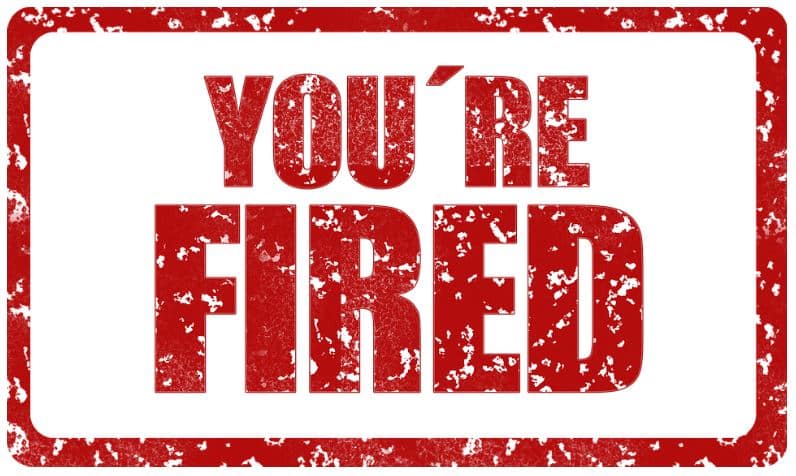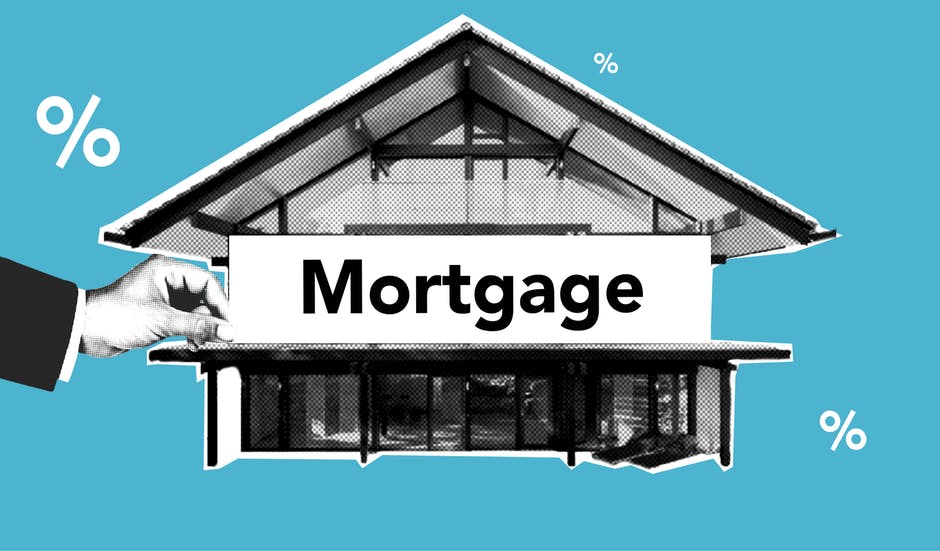When an interviewer asks you to tell them about yourself, they look for more than just a recitation of your resume. Your interviewer wants to know what motivates and drives you. This question is often used as an icebreaker but can also be a minefield. How much should you reveal about yourself? What if you say too much or too little? If you know how to answer tell me about yourself correctly, you’ll make a good impression on the interviewer and increase your chances of getting hired. So, how do you correctly answer the question “tell me about yourself” in an interview? Check it out here.

How To Answer – Tips And Examples
Preparing for how to answer tell me about yourself is the most challenging because it often takes a lot of work to know where to start and what to include. Follow these tips to keep in mind when answering this question:
- Preparation is vital: This is one instance where over-preparation won’t hurt you.
- Be Concise: One trap many job seekers fall into is rambling on and on about their life stories, which can quickly lose the interviewer’s attention.
- Be Confident: This is your chance to sell yourself and your accomplishments, so be confident in your delivery.
- Start with a brief overview of your professional background.
- Include any relevant skills or experience that make you a good fit for the job.
- Highlight your accomplishments and successes.
- Keep it relatively short and to the point.
This question can be answered in numerous ways: Here are two examples:
“I’ve worked in marketing for the past ten years and am currently the head of marketing for a large company. I’m passionate about using marketing to help businesses grow, and I’ve been able to help a lot of businesses achieve their goals. I’m also interested in health and fitness and love spending time outdoors.”
“I’ve been a software engineer for the past 15 years and currently work as a senior engineer at a major tech company. I’m passionate about code quality and engineering practices and always look for ways to improve my technical knowledge. I enjoy tinkering with electronics and building robots.”
“I’ve been in sales for the past 20 years and helped businesses of all sizes grow their revenue. I’m passionate about helping businesses succeed, and I love working with people to help them reach their goals. I enjoy golfing and spending time with my family.”
How Not To Answer “Tell Me About Yourself”
In answering this question, remember it is not an invitation to recount your life story. The person asking the question is likely looking for a brief overview of who you are and what you do. So, how can you answer to impress your interviewer and leave them wanting to know more?
Consider these few tips you should avoid when answering this question.
- First, don’t give a long-winded, detailed history of your life. The interviewer doesn’t need to know everything about you. Instead, provide a brief overview of your most relevant experience and skills.
- Second, don’t try to be too funny or clever. This is not the time to crack jokes or show off your wit. Just be natural and honest in your answer.
- Third, don’t get too personal. Don’t go into too much detail about your personal life when talking about your hobbies and interests.
By avoiding these three traps, you’ll be able to craft a solid answer to the question.
Bottomline
The best way to answer the “Tell me about yourself” question in an interview is to briefly overview your professional experience, most significant accomplishments, expectations for a new role, and career goals in a new position. Keep your answer relevant to the job you are interviewing for.








